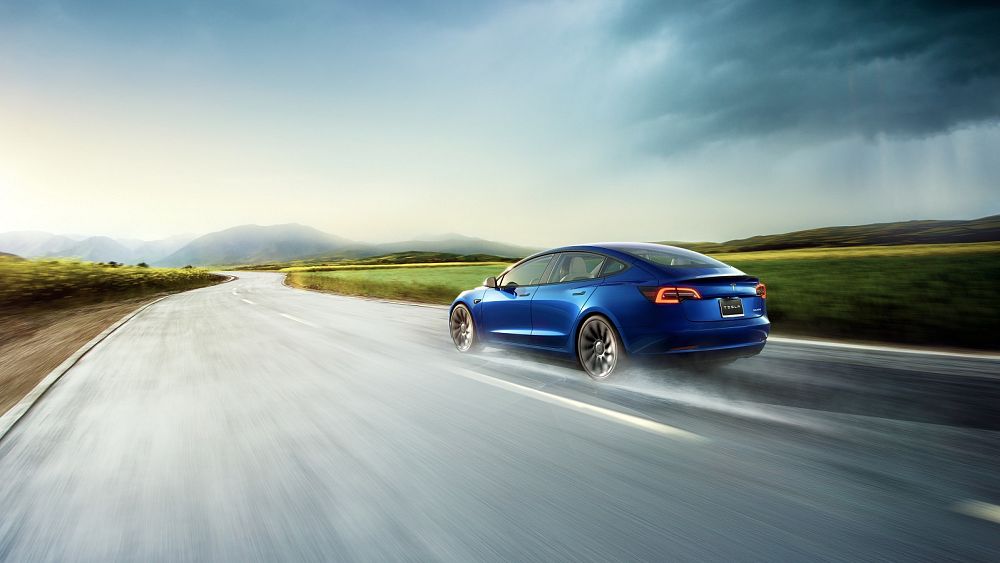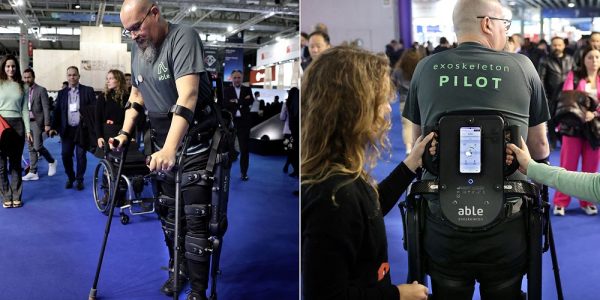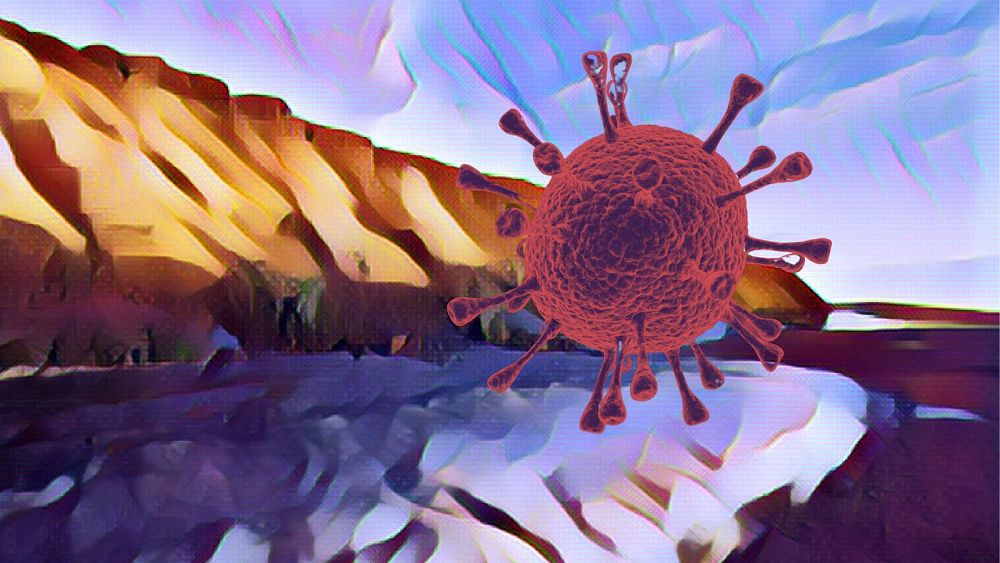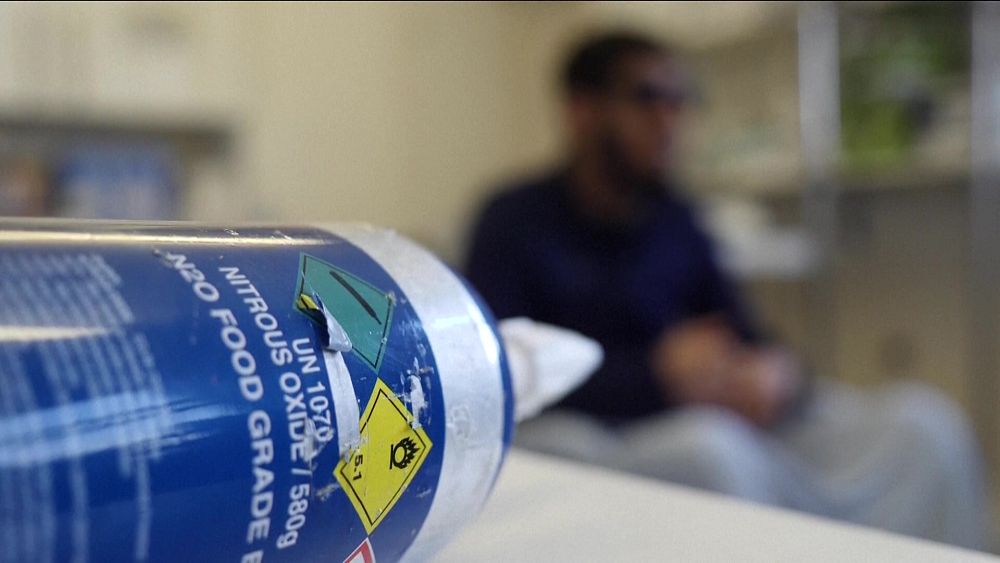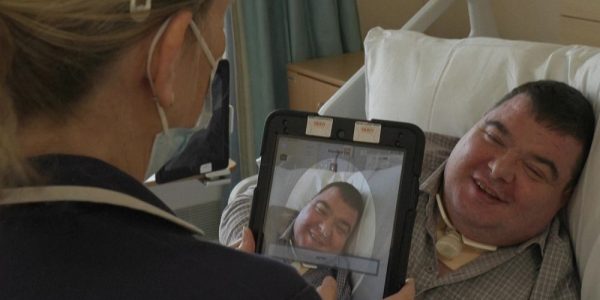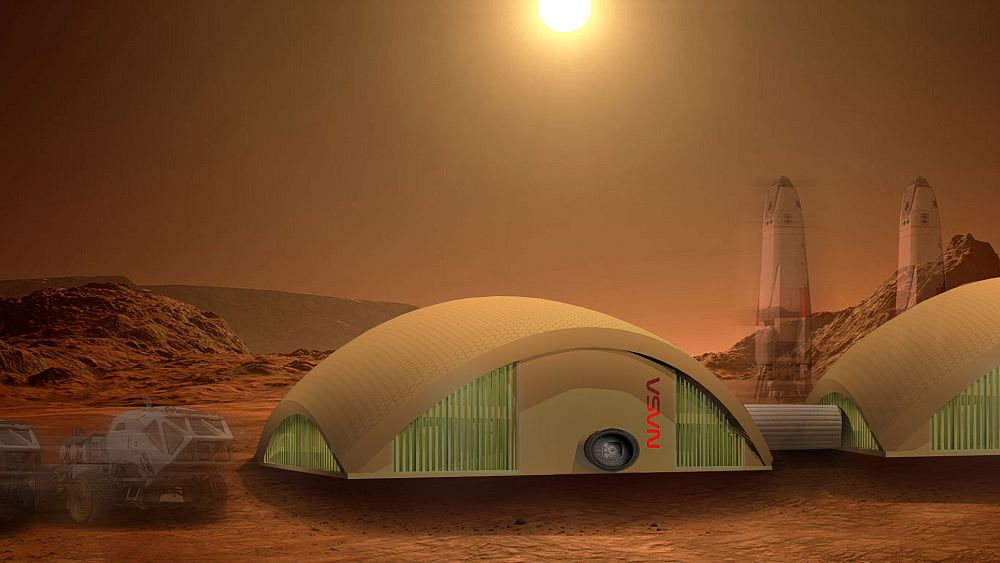These are the 6 best value for money electric cars to help you make the switch to an EV
The European Union plans to ban the sale of new petrol and diesel vehicles from 2035, but while electric car sales are rising month on month and breaking records in the process, the cost is still a barrier for many….
Time zones on the Moon: How do you tell the time in space and why is ESA pushing for them?
“One small step for man, one giant leap for mankind.” When American astronaut Neil Armstrong became the first person to set foot on the lunar surface on 21 July 1969, it was 22:56 in Houston, 05:56 in Paris, 07:56 in…
Exoskeleton that lets wheelchair users walk again draws royal attention at MWC 2023
When Ricard Hernandez first started testing a Catalan company’s exoskeleton for wheelchair users, he probably never imagined a few years later he would be stood upright, moving independently and playing table tennis against the King of Spain. But that’s what…
Scientists revive ‘zombie’ virus that was trapped for 48,500 years in the Arctic’s permafrost
“Zombie” viruses that spent up to 48,500 years frozen in the ground could reawaken as the permafrost melts due to climate change, scientists warn. Noticeably warmer temperatures in the Arctic are already thawing the region’s permafrost, the permanently frozen layer…
UK doctors call for tighter controls on ‘laughing gas’ as rising numbers of young people affected
When 20-year-old *Musa first started taking nitrous oxide – commonly known as “laughing gas” – to combat stress, he did not imagine he would eventually be hospitalised. “In the middle of the night, I go to the toilet. I got…
Vitiligo: ‘Miracle cream’ ruxolitinib might be coming to Europe but why is it so controversial?
Skin condition vitiligo has, in more recent years, become globally celebrated thanks to public figures like Canadian model Winnie Harlow. It’s thought to present in about 0.5-1 per cent of the global population, and is widely defined as an autoimmune…
NHS hospitals are trialling an AI lip-reading app to help patients who struggle to speak
“I am in pain,” says a digital voice as 33-year-old Nathan Armstrong stares into an iPad at Royal Preston Hospital in Lancashire, northwestern England. He is using SRAVI, short for Speech Recognition For The Voice Impaired, a lip-reading app that…
Humans settling on the Moon and Mars in the future may live in homes ‘grown’ from mushrooms
They will one day be homes for humans on the Moon or Mars, but for now, the first test extraterrestrial habitats are being built on Earth with the help of an unexpected material: mushrooms. American architecture firm Red House is…
This mega-lab can create sun, snow, wind and rain – all to work out how to build better houses
A newly opened mega-lab allows scientists to create the weather – all to test the energy efficiency of homes. The huge facility in Salford, in the north of England, can emulate sunny and rainy weather conditions, and even wind and…
Could floating solar panels be a solution to both the climate crisis and soaring energy prices?
Climate has, as ever, been a talking point at the 2023 World Economic Forum (WEF) in Davos, and discussions have largely rested on the potential impact that new emerging technologies could have in turning the tide for a planet in…

